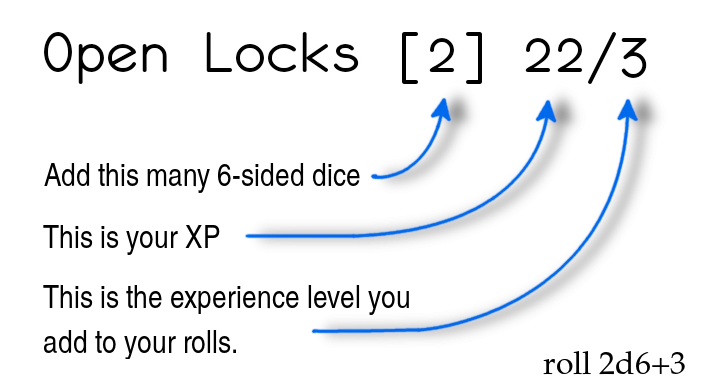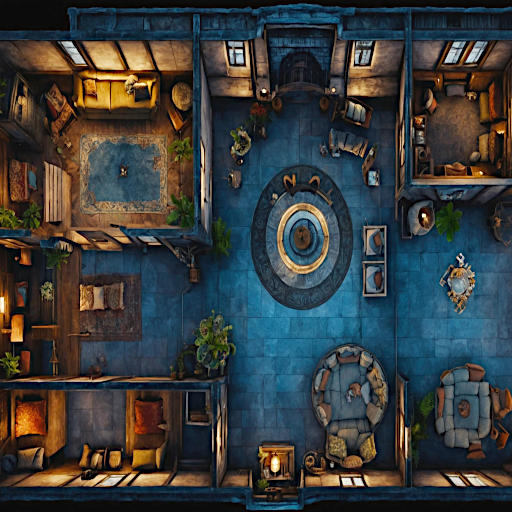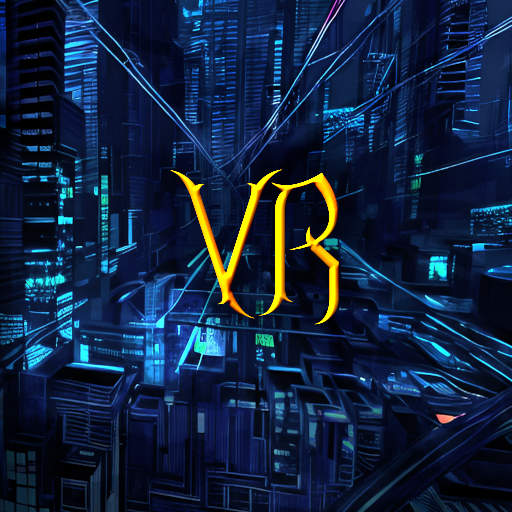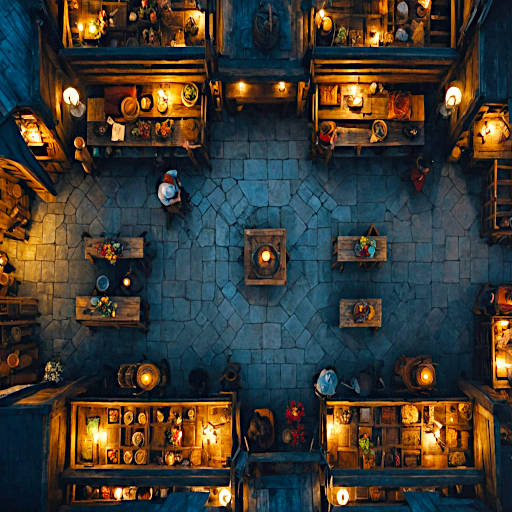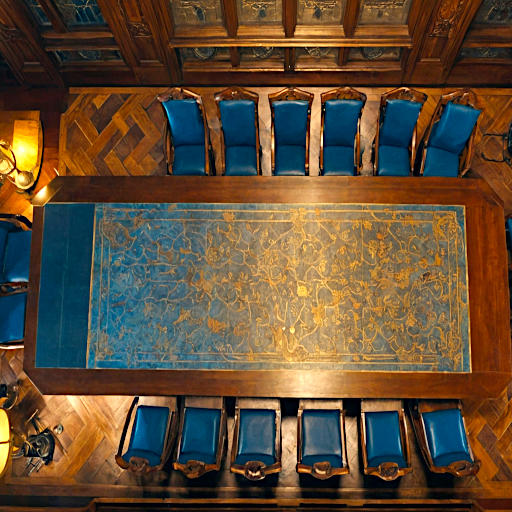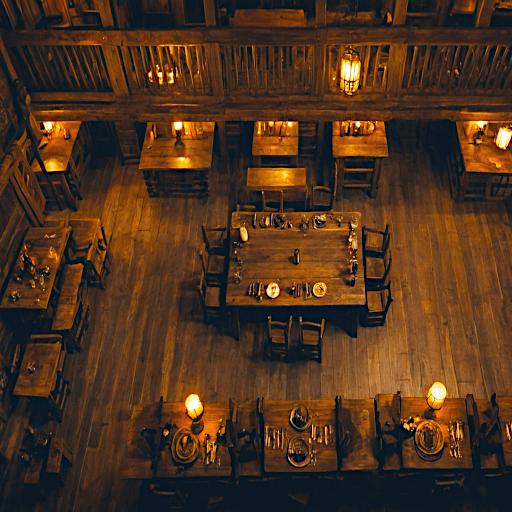Chapter 1 - Introduction
The Skill System
Discussion
The following is just an overview. If you want to read the chapter itself, look for the PDF button at right (for large screens) or at the bottom (for smaller screens).
Most systems focus on "chance of success". Name one thing you did today that was strictly pass/fail. Even picking a lock is really about how fast you can do it. It's not like you can't keep trying! How high you roll is how well you did. This is not true in D&D.
Objectives
- Players interact with the narrative, never directly with mechanics.
Players don't need to know the rules! - Rich "bidirectional" social mechanics that respect player agency.
- No complex "dissociative" rules or fixed modifiers to remember.
All decisions are character decisions, not player decisions. - Low math, high granularity, only regular (D6) dice.
Most rolls are just 2d6! - Mechanics adjust on a set of 5 tiers, called the "Capacity"
The Capacity System
The number in the box represents your skill training, or the "genetic" part of your attribute (the same for all members of a species).
- Apprentice / Untrained
Subhuman for attributes - Journeyman / Proficient
Human level for attributes - Master's Degrees / Professional Athlete
Superhuman for attributes - Supernatural ability
- Deific ability, god-like
If all the dice come up 1's, you critically failed. Your result is 0. Do not add your skill level. Something bad happened, like completely missing a parry and leaving yourself wide open. It doesn't matter how good of a cook you are, because the top fell off the salt shaker, dumping the whole container into the food. For combat, you completely missed, and your attack or parry is completely ineffective.
On any other result, you add your skill level. Like D&D, your level comes from experience, except that each skill has its own experience. This experience determines the skill "level" added to your roll. At the end of the scene, this skill will earn 1 XP for using it.
If all the dice come up 6's, you did something brilliant! Roll another D6. If it's a 6, add your attribute capacity (by species) and roll another D6, otherwise add the result rolled. You also gain 1 XP in this skill immediately!
Experience
| XP | + |
|---|---|
| 0-5 | 0 |
| 6-9 | 1 |
| 10-15 | 2 |
| 16-24 |
3 |
| 25-37 | 4 |
| 38-55 | 5 |
-
It keeps going to +9, and it's on your Character Sheet! This table is used constantly, so you'll get the first few levels memorized really fast!
At the end of a scene, the skills used in this scene each get 1 XP. It doesn't matter if you succeeded or failed, but the character must know if you succeeded or not.
Bonus XP
The GM may award "Bonus XP" to players for critical thinking, creative role-playing, planning, rescuing others, solving puzzles, and achieving goals. At the end of a chapter, you have hit one of those goals and gain Bonus XP.
The end of the chapter is also when you can distribute earned Bonus XP into whatever skills you like to customize your character and give your skills a slight boost.
Modifiers
Situational modifiers are handled as advantage/disadvantage dice. Just add a die for each source of advantage or disadvantage. Disadvantage dice cancel out one of your highest rolled dice, and advantage dice cancel a low die. This easy swap results in very little math, and disadvantage dice can be saved by the player for long-term effects. You don't have to remember all the conditions that should apply!
So if your usual roll is 2d6+4, and the DM gives you an advantage die, then you roll all 3 dice and drop the lowest value rolled. Add the remaining 2 dice as normal.
Advantage dice increase your average roll, reduce critical failures, and increase the odds of brilliant results. Fixed modifiers, like your skill level, change the minimum, maximum, and average values.
If both advantages and disadvantages apply to the same roll you get an inverse bell curve which really adds to the drama!
Inverse What?
Let's get technical for a minute play with some graphs! Click this link, and we'll open a visualization tool to play with -> Explore training and XP combinations!
An amateur, [1] die, has a flat probability. You are untrained and random. When we change this value to [2], we get something that looks like a pyramid. The values in the center come up more often, and we can get a better sense of what our average result will be.
The advantage and disadvantage boxes will show how the values change when adding 1 advantage or disadvantage die. Currently, the tool does not yet support showing multiple advantages or disadvantages.
When two situational modifiers clash (click both the advantage and disadvantage boxes), you either succumb to your penalties or rise above them and embrace your advantages. The whole probability curve goes upside down, and "inverts". It's either something really good, or really bad! You won't roll an average result!
Situational modifiers clash like this only in the most dramatic moments, and this mechanic adds to the suspense and drama. The more situational modifiers added, the wider the inverse-bell, and the more crazy things swing. You can see this by clicking the "ext" button in the tool which shows 4 advantage dice and 4 disadvantage dice applied to the same roll.
Attributes
Attributes are covered in the next chapter, but interact with skills in a way that is the opposite from most systems. Attribute scores use the same experience table as skills to determine your attribute level. You won't add this level to skill checks. Instead, attributes drive other aspects of the game, such as saving throws, strength feats, and sprinting ability.
Your skill's XP starts at the attribute's score. As you earn more and more XP, your attribute matters less and less. Skills you pick up later in life start with a little more experience than if you had learned it as a kid, but not as much as if you had been practicing it the whole time.
As training and experience go up, skills increase attributes! If your knowledge of chemistry goes up, your Logic increases. If your dancing just hit level 3, your Agility goes up. Players decide what attributes they want to improve through the skills they practice. Your skill training will significantly change your attributes right at character generation! Try not to worry about attribute scores when you roll them! This isn't D&D.
Conclusion
The system emulates going through life, picking up experiences here and there, exploring different cultures and learning new styles. Your abilities go up accordingly. Everything else in the game reuses this base mechanic. There are no character levels, no character classes (occupations will take their place, discussed in chapter 2), no worrying about XP, and we don't stop the game to "level up" since you do that in about 4 seconds between scenes. All effects, such as damage in combat, use opposed rolls for game balance.
You can get all the details by clicking the Preview button with the PDF icon.
